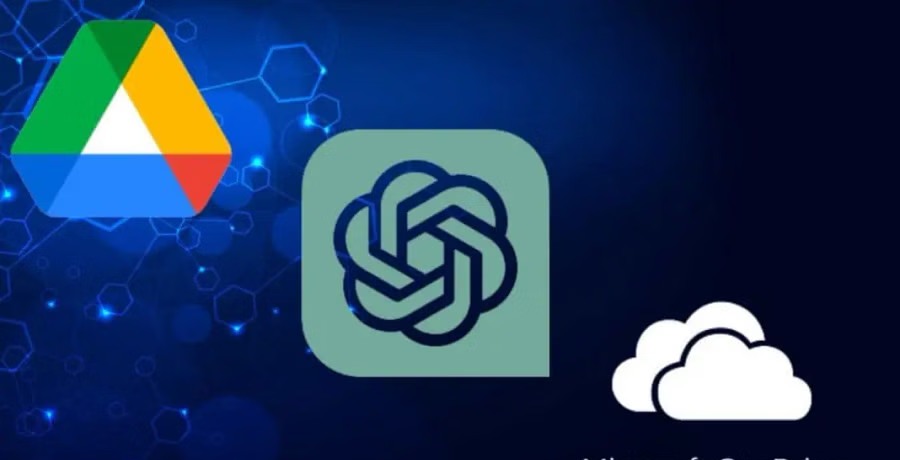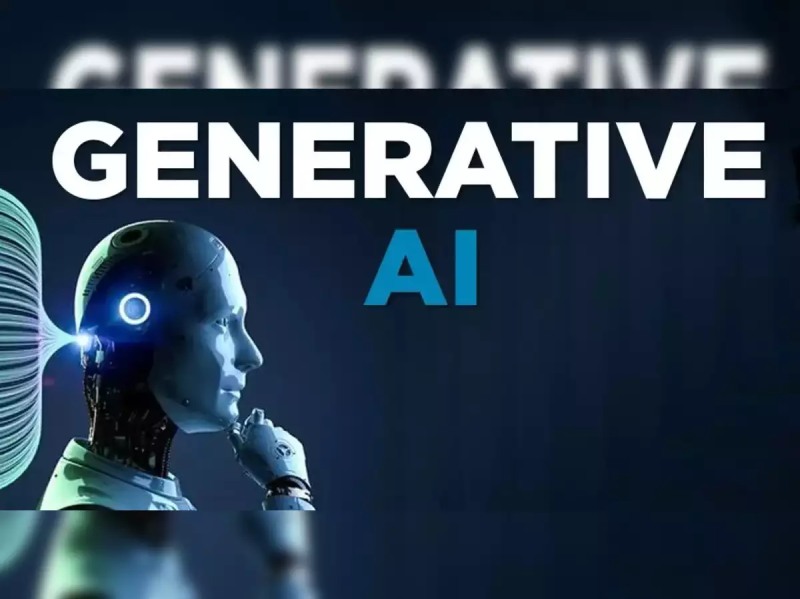Together with IBM, Tech Mahindra, a global leader in digital solutions and technology consulting, is assisting organizations in accelerating the adoption of generative AI in a sustainable manner around the globe.
This partnership combines IBM’s Watsonx AI and data platform with AI Assistants with Tech Mahindra’s array of AI products, TechM amplifAI0->∞.
Customers may now access a range of new generative AI services, frameworks, and solution architectures by combining Tech Mahindra’s AI engineering and consulting talents with IBM Watsonx’s capabilities. This makes it possible to create AI programs that let businesses automate operations using their reliable data. Additionally, it gives companies a foundation on which to build reliable AI models, encourages explainability to help control bias and risk, and permits scalable AI deployment in on-premises and hybrid cloud settings.
Chief digital services officer of Tech Mahindra Kunal Purohit says that in order to revitalize businesses, organizations should prioritize responsible AI practices and the integration of generative AI technology.
“Our partnership with IBM can facilitate digital transformation for businesses, the uptake of GenAI, modernization, and ultimately business expansion for our international clientele,” Purohit continued.
Tech Mahindra has created an operational virtual Watsonx Center of Excellence (CoE) to better improve business skills in AI. Using their combined competencies to produce unique offers and solutions, this CoE serves as a co-innovation center, with a dedicated team tasked with optimizing synergies between the two organizations.
The collaborative offerings and solutions developed through this partnership could help enterprises achieve their goals of constructing machine learning models using open-source frameworks while also enabling them to scale and accelerate the impact of generative AI. These AI-driven solutions have the potential to aid organisations enhance efficiency and productivity responsibly.
IBM Ecosystem General Manager Kate Woolley emphasized the potential of the partnership and added that, when generative AI is developed on a basis of explainability, openness, and trust, it may act as a catalyst for innovation and open up new market opportunities.
“Our partnership with Tech Mahindra is anticipated to broaden Watsonx’s user base and enable even more clients to develop reliable AI as we strive to integrate our know-how and technology to support enterprise use cases like digital labor, code modernization, and customer support,” stated Woolley.
This partnership is in line with Tech Mahindra’s ongoing efforts to revolutionize businesses through cutting-edge AI-led products and services. Some of their most recent offerings include Evangelize Pair Programming, Imaging amplifAIer, Operations amplifAIer, Email amplifAIer, Enterprise Knowledge Search, and Generative AI Studio.
The two businesses had previously worked together, which is noteworthy. On the company’s Singapore site, Tech Mahindra had announced earlier this year that it would be opening a Synergy Lounge in partnership with IBM. For APAC organizations, this lounge aims to expedite the adoption of digital. Technology like as artificial intelligence (AI), intelligent automation, edge computing, 5G, hybrid cloud, and cybersecurity can all be effectively implemented and utilized with its assistance.
In addition to Tech Mahindra, IBM Watsonx has been applied in other partnerships to expedite the application of generative artificial intelligence. Early in the year, the GSMA and IBM also announced a new cooperation to develop the GSMA Foundry Generative AI program and GSMA Advance’s AI Training program, respectively, to boost the use and capabilities of generative AI in the telecom industry.
The program is also available digitally, and it covers the technical underpinnings of generative AI in addition to its business strategy. For architects and developers looking for in-depth, useful expertise on generative AI, this program employs IBM Watsonx to deliver hands-on training.


 Business4 weeks ago
Business4 weeks ago
 Business4 weeks ago
Business4 weeks ago
 Business4 weeks ago
Business4 weeks ago
 Technology4 weeks ago
Technology4 weeks ago
 Business3 weeks ago
Business3 weeks ago
 Technology3 weeks ago
Technology3 weeks ago
 Business2 weeks ago
Business2 weeks ago
 Technology3 weeks ago
Technology3 weeks ago














